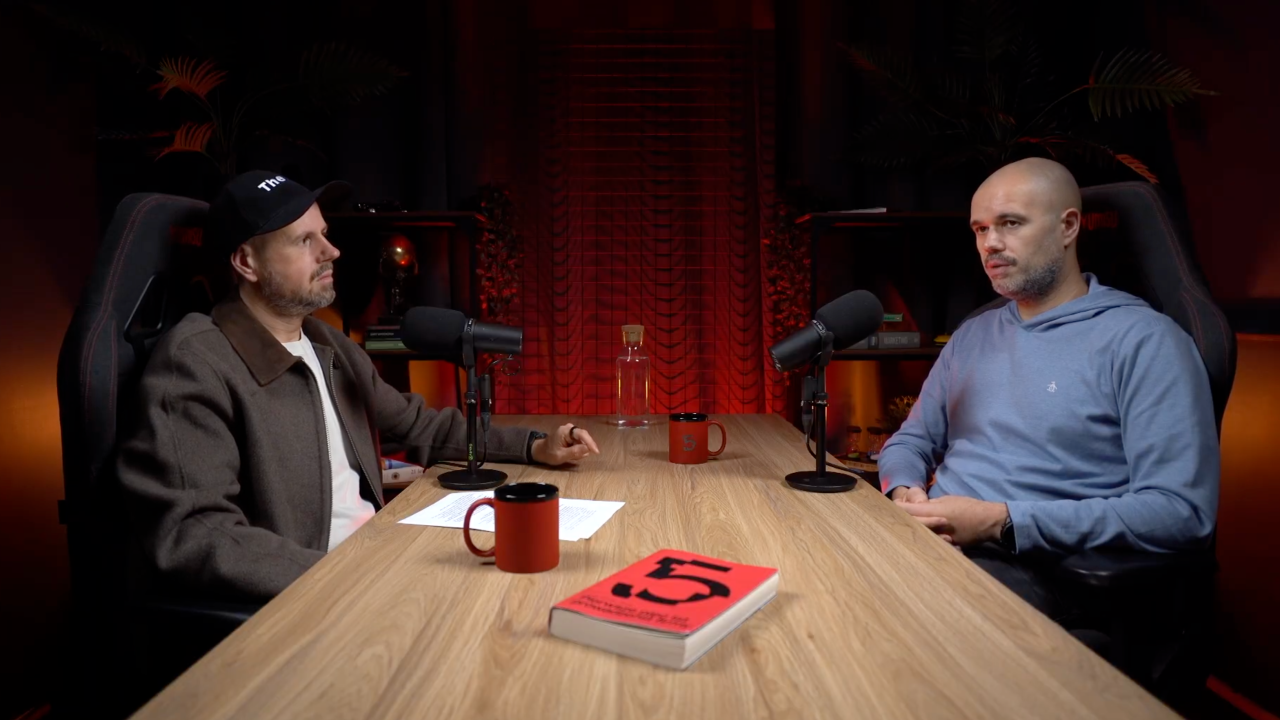The Founder’s Paradox
Here’s the ugly truth: many founders I know have 99% of their wealth locked up in their own startup. They’re millionaires on paper, but in real life? Some of them struggle to pay their mortgage.
I've seen this story play out too many times — and I’ve lived through parts of it myself. Over time, Piotr and I developed a simple framework to stay financially sane while building companies. Let’s walk through it.
If Someone Wants to Buy, Listen
Building a company that someone actually wants to buy is extremely rare. If you get an offer that values your business at several multiples of your profits — seriously consider it.
You’ve learned how to build companies already. You can build another one — faster, smarter, and better. Having cash in the bank gives you freedom to take bigger swings with less stress.
And if you're going to sell? Do it right — organized process, multiple bidders, solid advisors. No shortcuts.
Consider Selling a Small Stake
Partial liquidity can give you peace of mind without exiting completely.
If you're raising a round beyond seed, ask your investors if you can sell a small portion of your shares. Use that money to pay off debt, build your safety net, or simply breathe easier.
Diversify Like Your Life Depends on It (Because It Does)
You’re all-in on your startup — that's risky enough. Move some wealth into different assets so one Black Swan doesn’t wipe you out.
There are people who explain this better than I ever could — check out Marcin Iwuć’s frameworks for building a stable personal portfolio. Honestly, every founder who has been running a company for several years should already have one. If you don't — you're doing something wrong.
Build a "Sleep-Well" Portfolio
Some assets aren’t designed for growth — they’re designed to keep you sane. Government bonds, cash, gold, real estate — these things don’t make headlines but they help you sleep.
Founders need stability. Your startup is your high-volatility bet. Everything else should be boring.
Use Your Unfair Advantage
Being a founder gives you inside access to industries, suppliers, and customer ecosystems. Use that.
Maybe you can passively invest in businesses you know well. Maybe you’re ready to become a business angel. It’s an excellent way to diversify — but remember: these investments come with unpredictable exit timelines.
Your Company Exists for You — Not the Other Way Around
Don’t fall into the trap of constantly pouring personal money into your business. That’s what banks and professional investors are for.
If neither wants to fund your company — maybe that’s a sign. When you invest personal funds into a struggling company, you're simply shortening your own runway while often feeding structural problems that need fixing.
Use your company's cash-flow, pay yourself dividends, and don't lend it personal capital unless you’re absolutely sure it's rational.
Final Thought
At Catch The Tornado, we recently invested in Incro, a company helping founders manage their company’s finances with fractional CFO services and dashboards. Why? Because far too many founders ignore this stuff — until it’s too late.
Stay sane. Build boldly. Diversify early.

.svg)
.svg)
.svg)
.png)

.svg)
.svg)
.svg)



